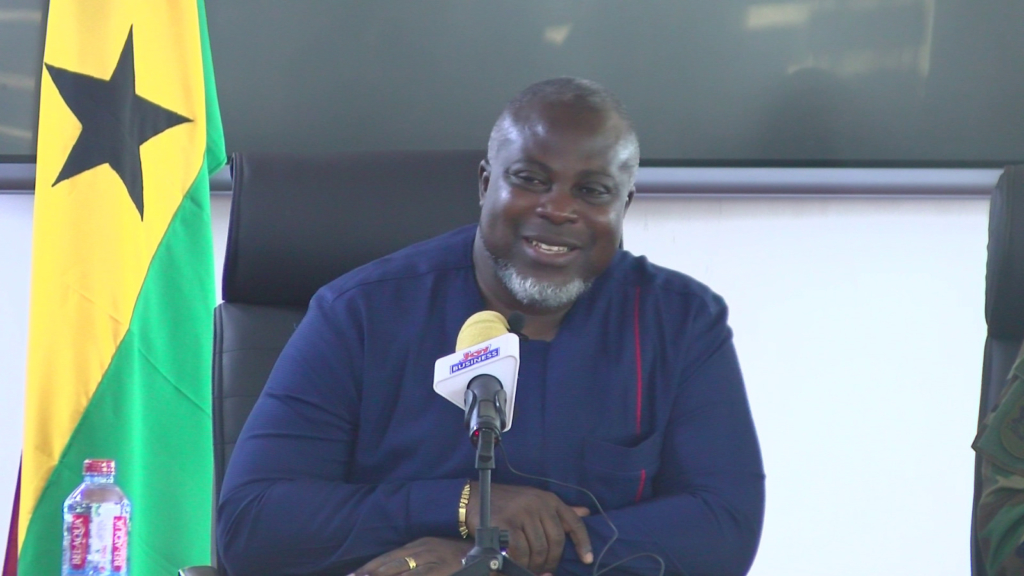
The Acting Commissioner-General of the Ghana Revenue Authority (GRA), Anthony Kwasi Sarpong, has announced comprehensive plans to achieve a GH¢200 billion tax revenue target in 2025, as part of Ghana’s broader economic reset strategy.
Speaking during an X Space discussion titled “Resetting Ghana’s Revenue Mobilization,” co-hosted by the High Street Journal, IMANI Ghana and NorvanReports on Tuesday, May 6, 2025, Mr. Sarpong emphasised the critical role of integrating the informal sector and leveraging technology to broaden the tax base.
“Our strategy is to widen the tax net through the use of technology. Many businesses have moved online and are transacting on various apps and channels. So that’s the way to go,” Mr. Sarpong stated during the discussion.
He highlighted the necessity of adapting to the digital transformation of commerce to ensure comprehensive tax coverage.
In doing this, he said there is the need effectively capture data on informal sector activities.
He said already, the GRA is initiating collaborations with key institutions, including the Registrar of Companies and the Social Security and National Insurance Trust (SSNIT). These partnerships aim to facilitate data sharing and integration through Application Programming Interfaces (APIs), enabling the GRA to identify and monitor businesses that are currently outside the formal tax system.
“We have commenced discussions with the Registrar of Companies to ensure that every business and individual registered with them is connected to our database,” he explained.
He further noted the importance of SSNIT in this endeavor, as businesses often contribute to workers’ pension funds while evading tax obligations.
“People will file their social security because it is tied to their retirement, but will not pay their taxes. So it is essential that we connect with an institution like SSNIT to identify these businesses and ensure compliance,” he added.
Addressing Informal Sector Challenges
Recognising the challenges in taxing the informal sector, he said the GRA plans to engage with informal sector business associations to encourage voluntary tax compliance among their members. This approach aims to foster a culture of tax responsibility and awareness within the sector.
The GRA has set an ambitious target to raise at least GH¢360 billion in tax revenue by the end of 2028, aiming to increase the country’s tax-to-GDP ratio from the current 13.8% to between 17% and 18%.
Mr. Sarpong attributed recent improvements in tax mobilization – averaging growth rates between 25% and 30% from 2020 to 2024 – to ongoing reforms within the Authority. However, he emphasized the need to intensify efforts to broaden the tax base.
Under Mr. Sarpong’s leadership, the GRA is focusing on enhancing tax rates, bases, and structures, with the goal of improving voluntary compliance and informing policymakers through reliable tax-related data. The Authority’s renewed focus on integrating the informal sector and leveraging technology underscores its commitment to enhancing revenue mobilization and supporting Ghana’s fiscal sustainability.
DISCLAIMER: The Views, Comments, Opinions, Contributions and Statements made by Readers and Contributors on this platform do not necessarily represent the views or policy of Multimedia Group Limited.
DISCLAIMER: The Views, Comments, Opinions, Contributions and Statements made by Readers and Contributors on this platform do not necessarily represent the views or policy of Multimedia Group Limited.
Source link
